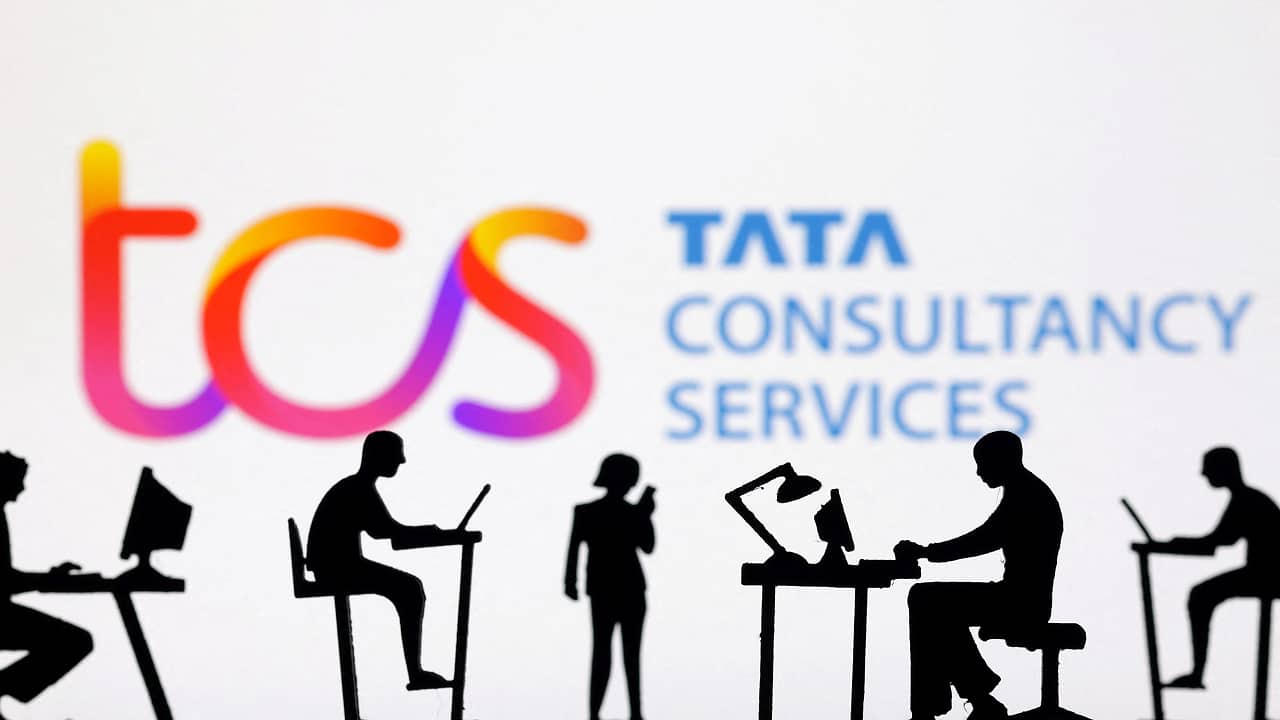Dado Ruvic/Reuters In a rare carryover from the Biden to Trump administrations, U.S. antitrust authorities are still suing to split up concert promotion giant Live Nation Entertainment and Ticketmaster.
A U.S. court ruled in March that the case can proceed.

Does it still make economic sense? We asked Pascal Courty, a University of Victoria economics professor who has studied events and ticketing for decades. 1. Courty says he, too, was surprised that the case lived on.
“I thought it might die,” he says. But a U.S.
judge ruled against Live Nation-Ticketmaster’s bid to dismiss. Regardless of any political differences among ticket buyers, they apparently take major concert tours very seriously. 2.
Live Nation-Ticketmaster is dominant and has engaged in anticompetitive conduct for a long time. Authorities sometimes try to split big companies, but it rarely happens in practice because lawsuits take time, the economics of the business may change, new competitors may enter, or the case may simply lose its relevance. That said, Courty doesn’t think the economics of this business will change.
3. He doesn’t think there will be new entrants, either – small rivals who are obviously crushed by a giant. Instead, Courty recalls Microsoft in the 1980s and ‘90s, which “tried to expand its monopoly power into browsers” by intimidating would-be rivals.
But simply showing that prices have increased faster than inflation isn’t enough – U.S. authorities need more proof.
4. Taylor Swift’s Eras tour set new precedents. Artists don’t want to appear greedy by setting initial ticket prices too high or obviously limiting the number of shows.
But Courty says Swift was “a master marketer.” She teased demand, then added shows, and solved the conundrum of “how do you get $2,000 a ticket without looking like you charged $2,000?” 5. One way behemoths stifle competition is by slowing innovation.
Courty says China introduced measures in 2023 to try to make ticketing fairer. “There are always people trying to grab tickets, robots, issues with identity theft,” he says. The country made tickets to major events (5,000 spectators or more) non-transferrable, and buyers must provide solid proof of identity, such as biometric ID.
Your time is valuable. Have the Top Business Headlines newsletter conveniently delivered to your inbox in the morning or evening. Sign up today .
.
Business

Monopoly much? Five things we learned from economics professor Pascal Courty
The Live Nation–Ticketmaster antitrust suit endures under the Trump administration















